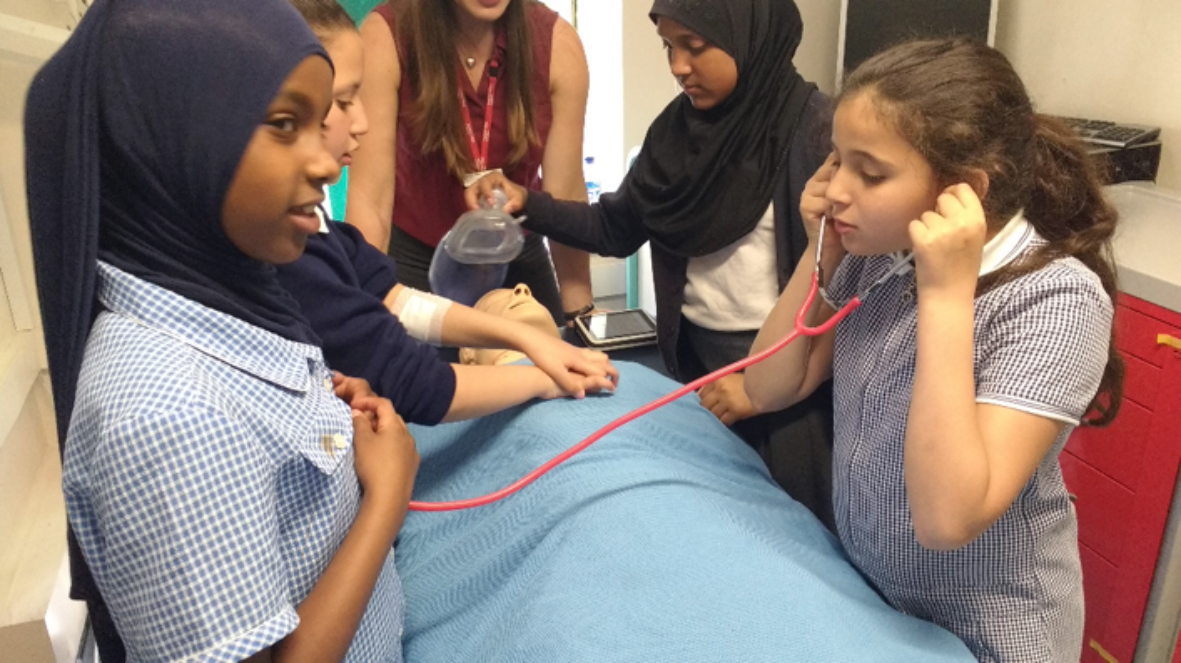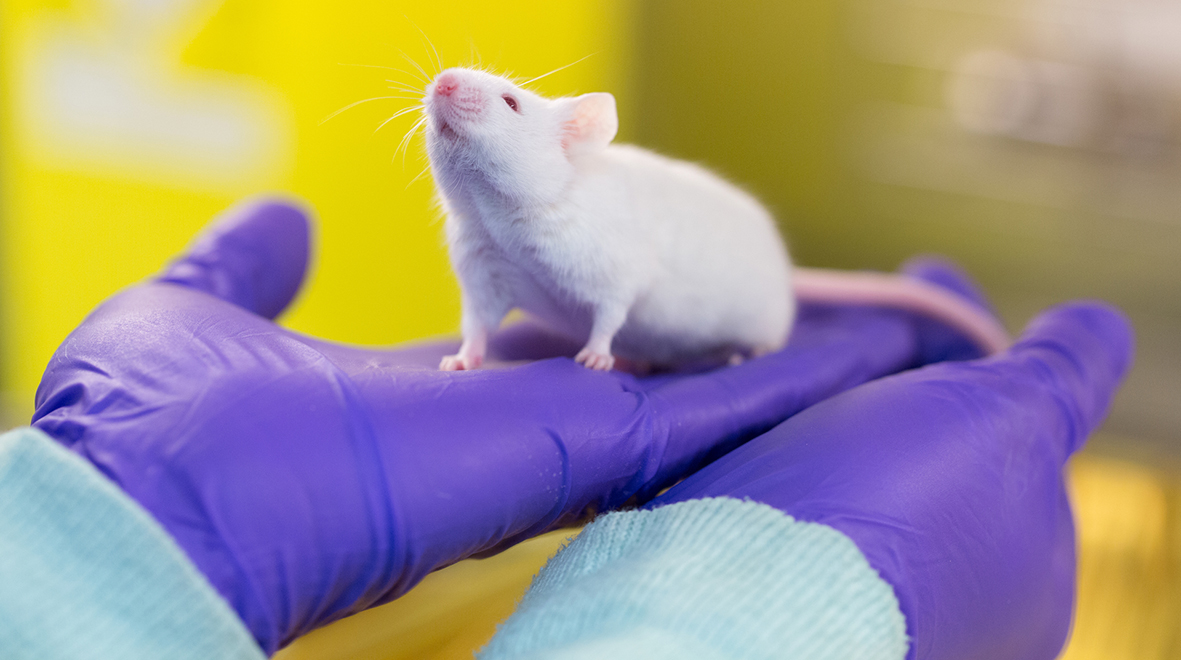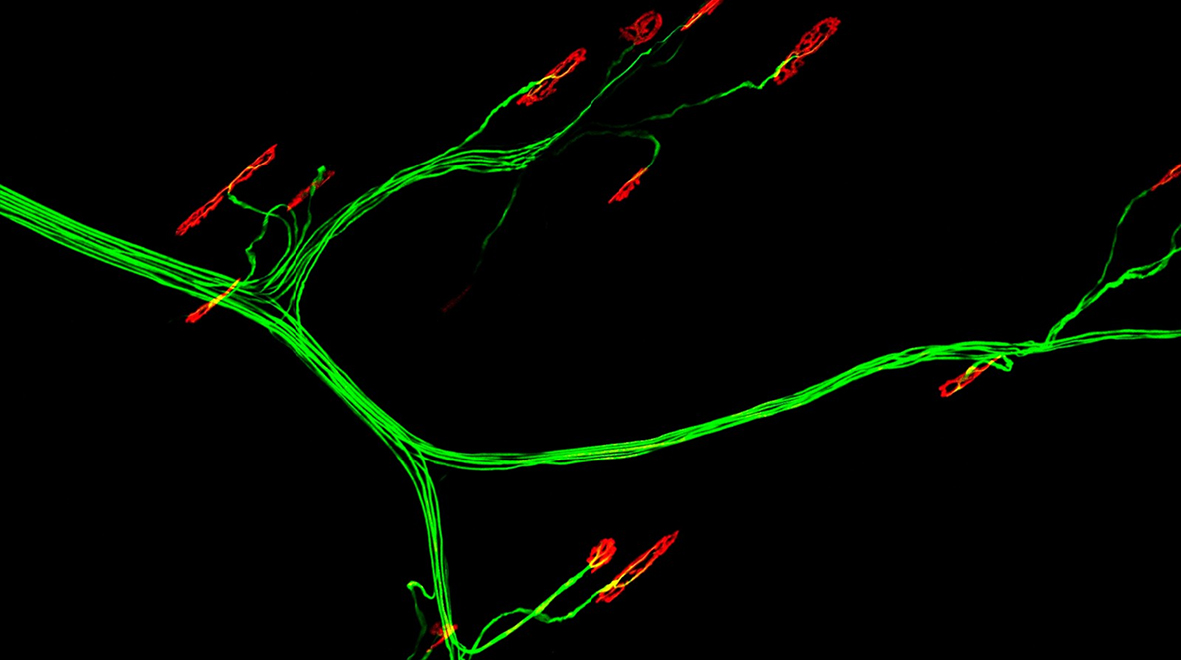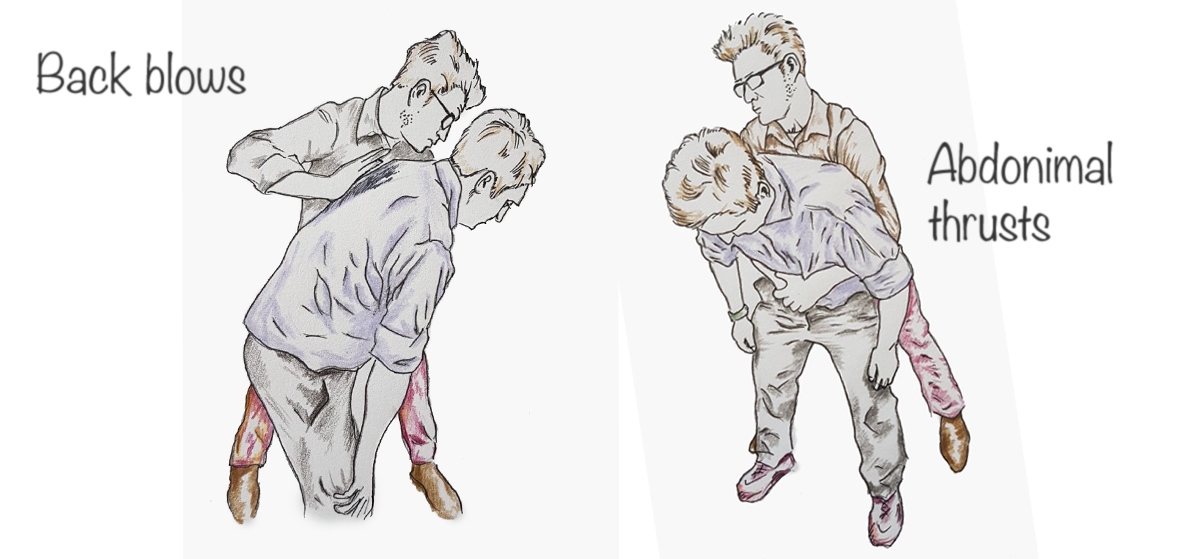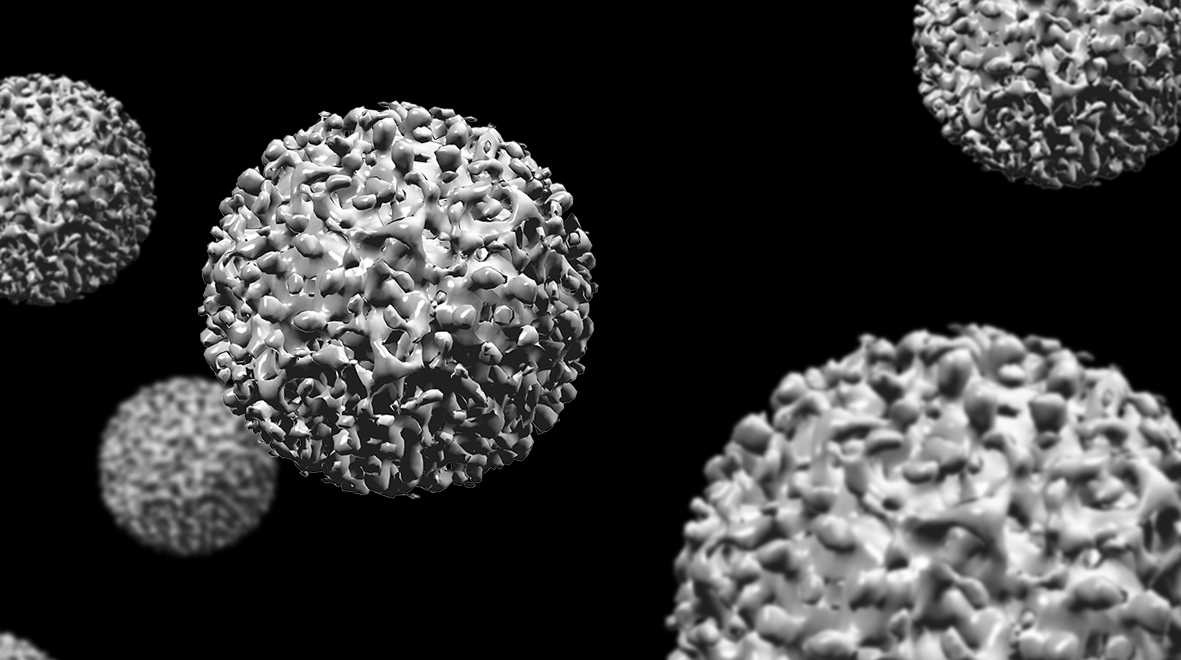
For World Hepatitis Day, Dr Ana Ortega-Prieto explains why she switched her research focus from hepatitis C to hepatitis B – a virus that continues its global spread despite an available vaccine.
When I first started to work on hepatitis C virus (HCV) for my PhD, the general conviction was that it was a dangerous pathogen with very unsuccessful treatments. In the past years, this has completely changed; patients used to endure one year of treatment with severe side effects, but can now expect just three months of treatment, which is generally well tolerated. The truly impressive part here is that treatment success went up from below 50% to well over 90%. This has triggered the World Health Organisation (WHO) to aim for the eradication of all viral hepatitis by 2030 – a very ambitious goal. (more…)




